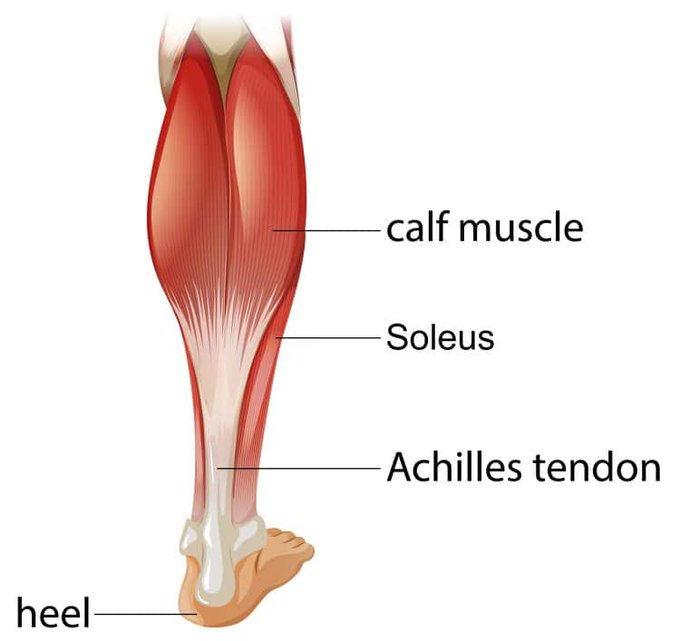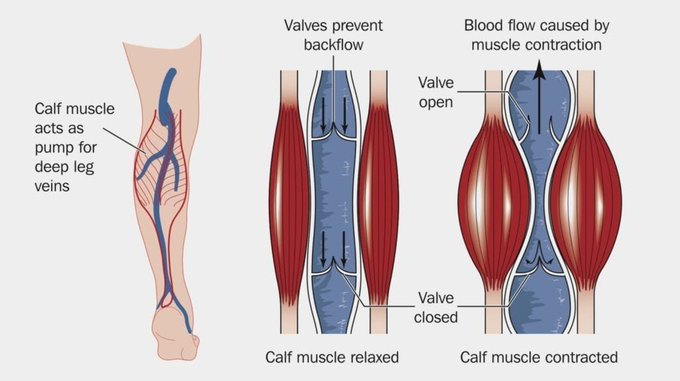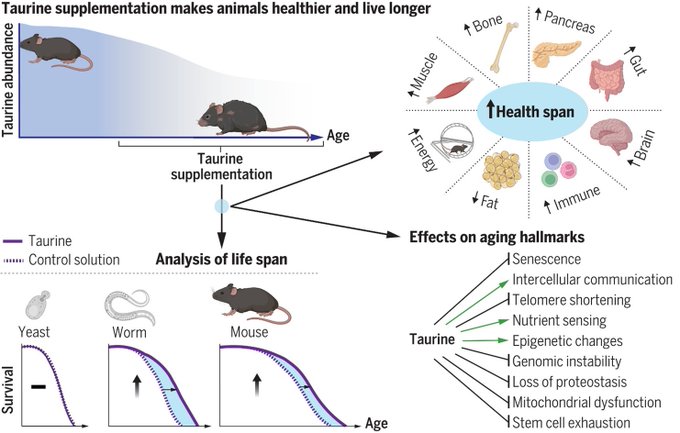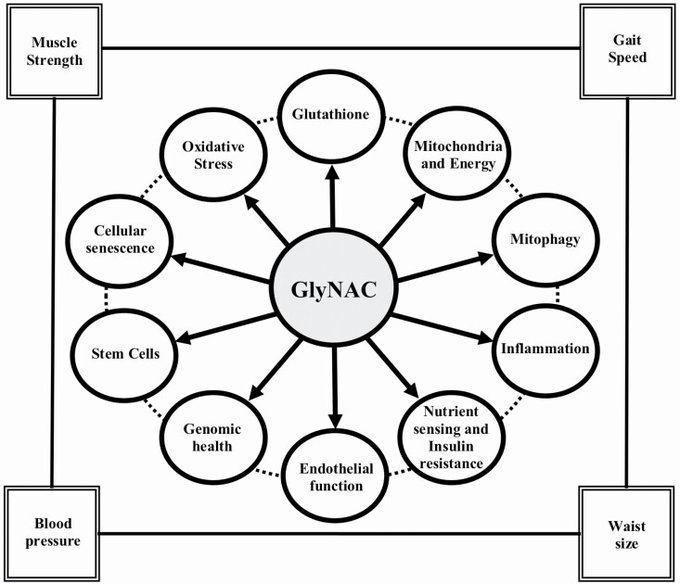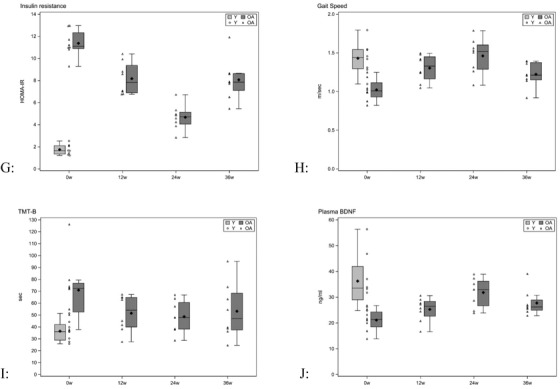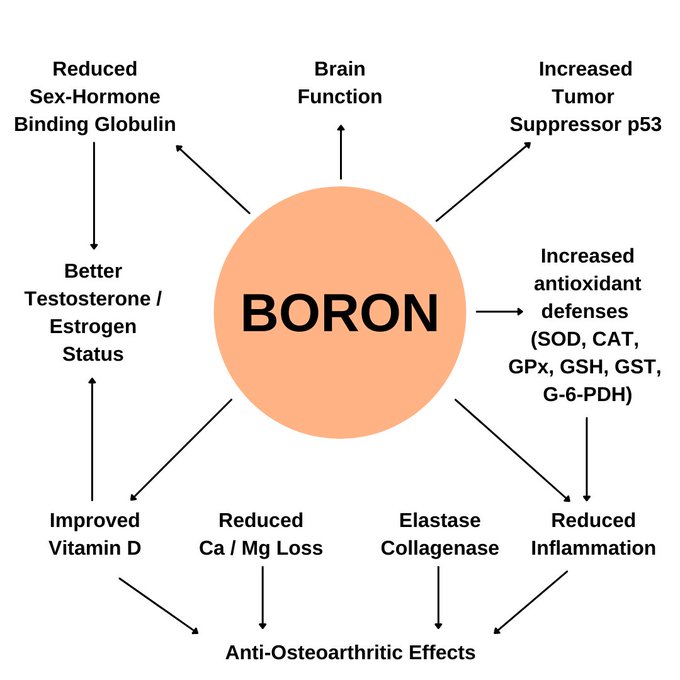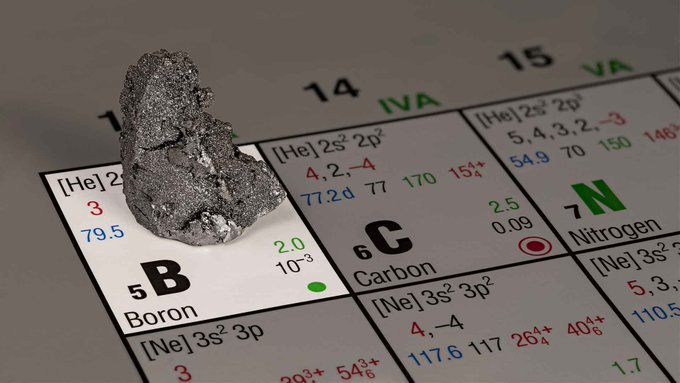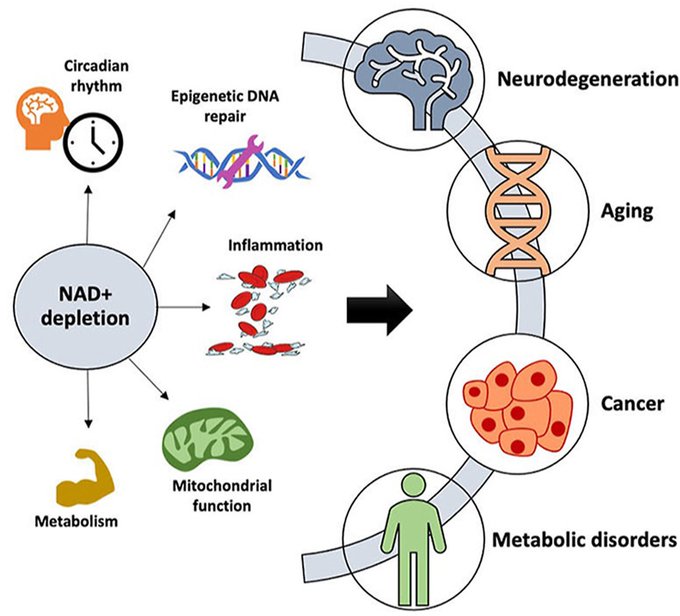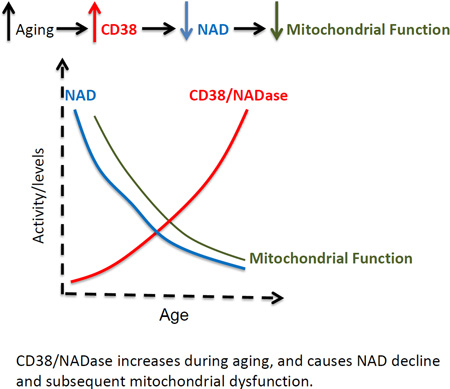The man who defies aging
Chuando Tan is a 58-year-old man from Singapore who looks like he's in his 20s or 30s
Here's a breakdown of his diet, exercise, and other routines⬇️⬇️


Chuando Tan is a 58-year-old man from Singapore who looks like he's in his 20s or 30s
Here's a breakdown of his diet, exercise, and other routines⬇️⬇️


Chuando was born in 1966
He's been a model for decades and also does photography
He recently became popular on social media due to his youthful appearance despite being 58
He's been a model for decades and also does photography
He recently became popular on social media due to his youthful appearance despite being 58

First, he obviously looks older than he did in his 20s but you could still easily confuse him for someone in his 20s or 30s
Second, clearly good genetics
Third, while we can't exclude the possibility of some treatments, he looks normal imo but I'm not an expert on that
Second, clearly good genetics
Third, while we can't exclude the possibility of some treatments, he looks normal imo but I'm not an expert on that
Chuando has been following a very healthy and fit lifestyle all his life
He exercises 3-5 times a week for about 90 minutes each. Mostly weights, swimming, speed walking.
Gear? Probably although he weighs only 175 pounds
It would mess up his baby face tho
He exercises 3-5 times a week for about 90 minutes each. Mostly weights, swimming, speed walking.
Gear? Probably although he weighs only 175 pounds
It would mess up his baby face tho

What's his diet?
A higher protein traditional fitness diet
His breakfast is 4 whole eggs and 2 egg whites, avocado
Other foods: chicken, fish, rice, vegetables, water
No smoking, alcohol, coffee, or tea
Sometimes he indulges on ice cream
A higher protein traditional fitness diet
His breakfast is 4 whole eggs and 2 egg whites, avocado
Other foods: chicken, fish, rice, vegetables, water
No smoking, alcohol, coffee, or tea
Sometimes he indulges on ice cream

He says he doesn't have skincare nor does he take supplements
It's funny how he looks younger than everyone else putting in significantly more effort
He certainly has the genetic card playing for him, but he also has a pretty fit lifestyle
It's funny how he looks younger than everyone else putting in significantly more effort
He certainly has the genetic card playing for him, but he also has a pretty fit lifestyle

If you like this thread then share it around
Join my newsletter for weekly tips and science updates: siimland.co/vip
Join my newsletter for weekly tips and science updates: siimland.co/vip
• • •
Missing some Tweet in this thread? You can try to
force a refresh


